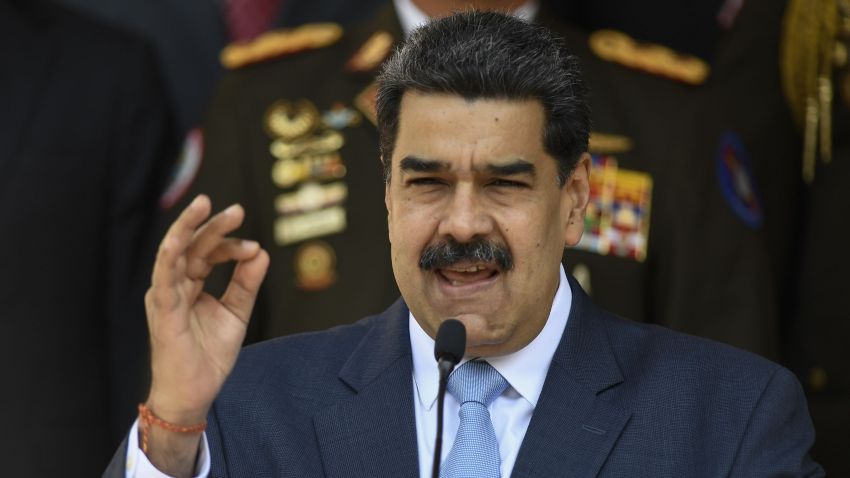Almost everyone agrees that any solution to Venezuela’s ongoing political, economic and humanitarian crises will require a dialogue among the various actors in the country. That does not mean, however, that everyone agrees dialogue will solve Venezuela’s problems or create the conditions for a political transition. To the contrary, the failure of previous rounds of negotiations—particularly the way in which the government of President Nicolas Maduro has treated them as a stalling tactic—create doubts that any new round of talks will be any more successful.
But negotiations and dialogue, whether they succeed or fail, appear to be a necessary precondition for any change to occur. Even if they don’t lead to direct agreements about a transition of power, they can create the space for pressure, compromise and change. For that reason, even most of the Venezuelan opposition, including Juan Guaido, and the U.S. government have come around to the view that negotiations are necessary. And politicians who have previously derided talks as a useless exercise have come around to including them as part of their demands on the Maduro regime.
That is one reason that Maduro is currently dodging negotiations. He knows that any meaningful dialogue will likely end up loosening his hold on power. For him and his regime, then, it’s easier and more advantageous to hold them out as a potential card to be played—a point of leverage to achieve concessions before even sitting down at the table.

